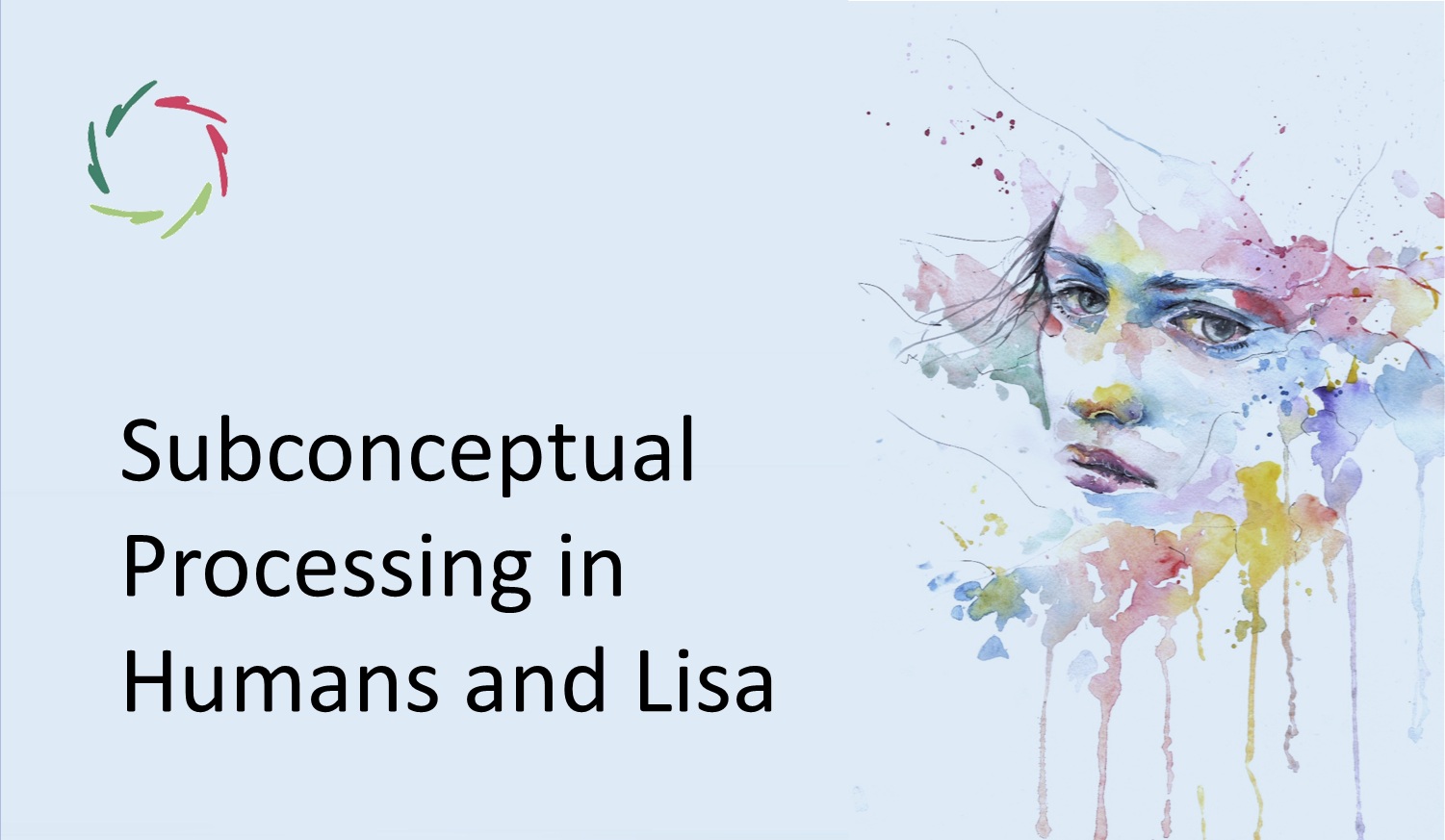Depth of Belief

Eventually, deep belief is always stronger than the superficial kind. Unfortunately, it is not always validated. This situation leads to many huge tensions that can only be resolved through its validation.
What is ‘to believe’?
It’s one of those concepts that seem straightforward until you start to think about what they actually mean.
“I’m not sure” – “I’m pretty sure” – “Now, I am sure.” What is the difference between ‘believing’ and ‘knowing’? If I know for sure that 1 + 1 =2, then I don’t believe it. I would never say, “I believe that 1 + 1 = 2.” Belief stops at conceptual certainty, but what is it exactly before that happens?
It turns out there is a complex space of ‘belief.’ This concerns your belief and that of others in you. [see: “People ‘Believe’ in You: as a Weatherman or Santa Claus?”]
Conscious/non-conscious
In many cases, the conscious belief is not the strongest. It depends on how deep it is related to non-conscious mental-neuronal patterns within the landscape of the mind. [see: “Patterns in Neurophysiology”]
One can consciously believe that something will work and non-consciously have the greatest doubts or not believe in it at all.
Related: trust, hope, expectation
“I still hope, but I don’t believe it will happen.” ― Yet, without belief, there is no hope.
“I trust you will do this.” ― In this lies hope and at least some deep belief.
Expectation is frequently used in the sense of conscious expectation, the conscious belief that, for instance, a pill will work. This brings us to placebo.
But first: depth of belief.
This is not simply quantitatively understandable. One can believe much in something without it being a ‘deep’ belief. It is different from the sheer quantity. Quantity is the road towards certainty. Depth is the road towards meaningfulness.
The father believes in his daughter’s capability to grow. This can be a profound belief. He can say or think, “Deep down in me, I know she can do it.” Or even “I just know it; I am certain.” Yet if you ask him to be quantitative and honest, the father may turn out to be less certain. Still, this doesn’t detract any from his deep belief.
He believes as he believes in himself. [see: “I Believe”]
Religious belief
This can be from superficial to very deep. Some think that, therefore, it needs to be a certainty. “Thou shall not doubt God.” That may be true, but not conceptually.
As we saw, conceptual certainty is incompatible with belief, let alone with deep faith. Many misconceptions may be swept away through this sentence. [see: “In Search of Nonbelief”] In-depth religion is not about being certain. It is much more worthy than that.
You may recognize in this the path of Open Religion. [see: “What is Open Religion?“]
Placebo as belief
In a sense, no pill is a real placebo, but the belief that the pill works ― thus, the patient. Even so, seldom if ever, the depth of belief is recognized as an essential factor.
Can one regard a deep belief to be a placebo in the same way as a superficial belief (such as purely conscious expectation)? In my view, no. A superficial belief will by itself not work as a placebo. It has no placebogenic power because it doesn’t ‘take.’ Of course, superficial expectation can come together with deeper expectation. Even in this case, the superficial one only appears to work. In pure superficiality, it’s like shooting a bullet at a cloud to make the cloud ‘move.’ With many bullets, one can only destroy the cloud.
Thus, it doesn’t matter whether one is ‘open’ at a superficial level. The placebo, if it works, works in-depth. If you look for its power, then look for depth. ‘Open-label placebo’ is only open at the surface. [see: “Placebo Without Deception?”] Contrary to this, depth is meaning-related, even ‘deep meaning.’
This may bring the placebo closer to empathy. Still, I see a fundamental difference. [see: “Empathy vs. Placebo”] Not seeing this difference may lead to an extreme standpoint. For instance, deep-to-deep communication is Compassionate, not to be mingled with physiological conditioning (sometimes also called ‘placebo’). [see: “The Non-Conscious is No Automaton”]
Here lies a tremendous lot of confusion.
Even so, within coaching, playing with belief can be worthwhile if done respectfully. [see:” ‘To Believe’ within Coaching”]


